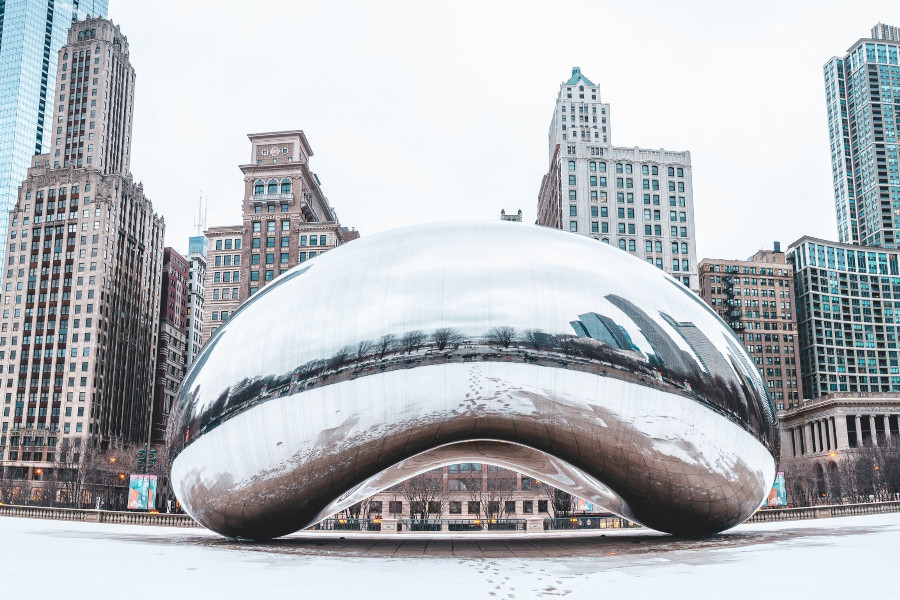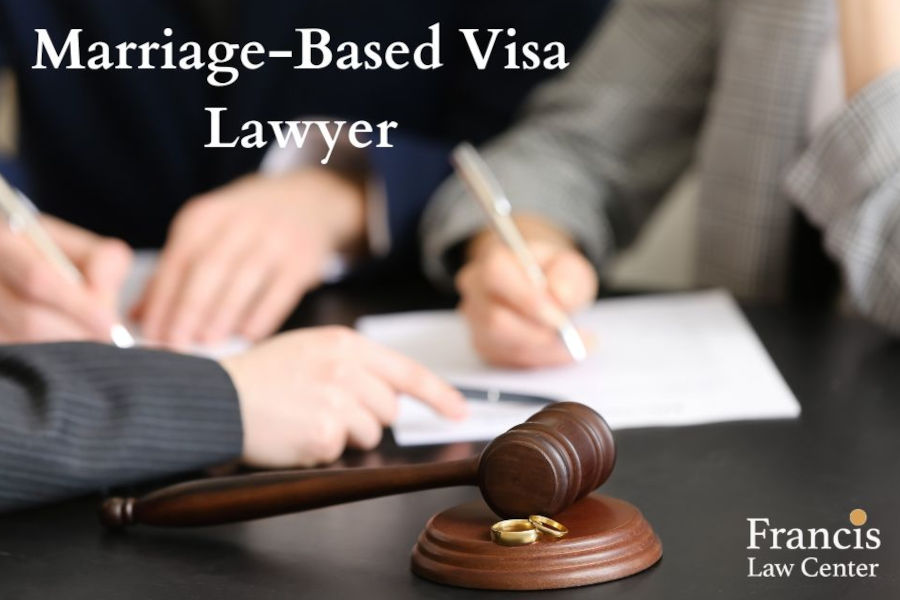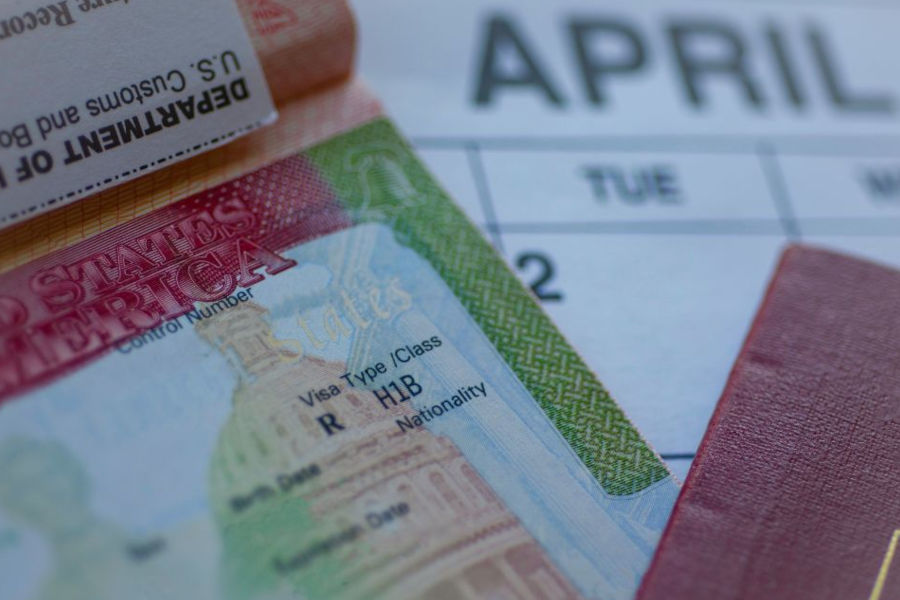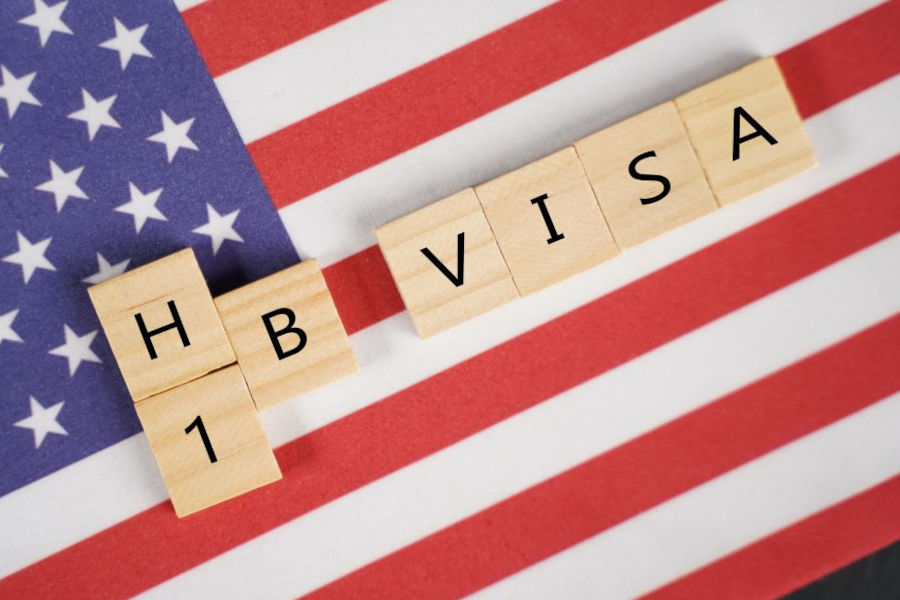The United States District Court for the Northern District of California has enjoined enforcement of the U.S. Citizenship and Immigration Services (USCIS) rule that would have raised existing filing fees, introduced new ones, and changed the fee waiver process. The entire rule, which was to go into effect on October 2, 2020, is barred from being implemented nationwide.
In pertinent terms, applicants will no longer have to apply on or before October 1 to avoid the new fees. Similarly, those seeking fee waivers will continue to be governed by current guidance, rather than that in the enjoined rule. The injunction also halts the implementation of new versions of some forms.
The court followed routine analysis of whether to grant a preliminary injunction when the government is a party to the suit. First, those suing must show they are likely to succeed on the merits of their claim. Then, they must show they are likely to be irreparably harmed without relief. Finally, an analysis of the public interest and equity is undertaken with respect to granting an injunction.
By evidencing the merits of their contentions that neither Acting Secretary of Homeland Security was lawfully serving under the Homeland Security Act when issuing the rule, and that some requirements of the Administrative Procedure Act were not followed in promulgating the rule (risking that the rule is arbitrary and capricious), the plaintiffs demonstrated that they were likely to succeed with respect to two important claims. Because the plaintiffs serve low-income immigrants, their entire business models would be made unsustainable by the new rule, showing the likely and irreparable harm. Lastly, in the court’s view, sufficient public interest factors outweighed the government’s interest in enforcing the rule, including not only the harm to immigrants, specially those belonging to other vulnerable populations, but also in the harm to the public that can occur when individuals unable to obtain immigrations benefits like citizenship are less able to participate in American society and civic activities.
Ultimately, the court chose a nationwide injunction due to the nature of immigration law, an injunction of the full law due to validity concerns and its broad-reaching potential hardships, and an injunction without a time limit due to the nearness of the rule’s effective date. Simply put, the court found justification to grant the largest possible relief from the rule.
Still, while the court did not issue a stay pending appeal, the situation remains fluid because the government can both appeal and file for a stay upon doing so. As such, while the hard deadline of October 1 is removed, the rule, or some portion of it, may again take effect in the future. Likewise, an appellate court could limit the geographic scope to states within its circuit, allowing the rule to be applied elsewhere.
With this in mind, filing immigration petitions as soon as possible may be the best path to avoid uncertainty. Francis Law Center can help with family-based immigration, employment-based immigration, citizenship, and more amidst a dynamic legal environment.
This information is intended to educate and should not be taken as legal advice.
Written by Francis Law Center Staff Eric Liberatore

